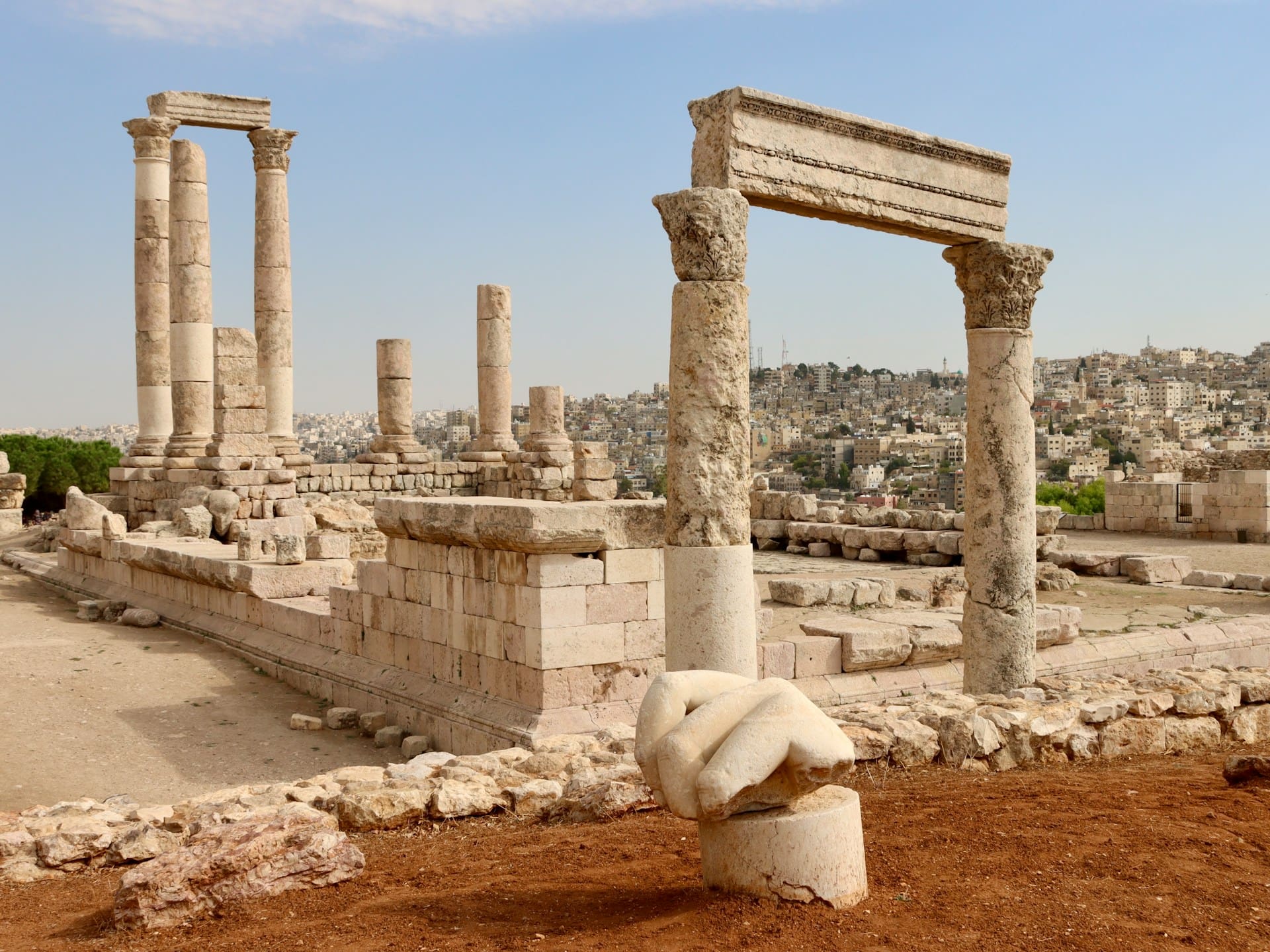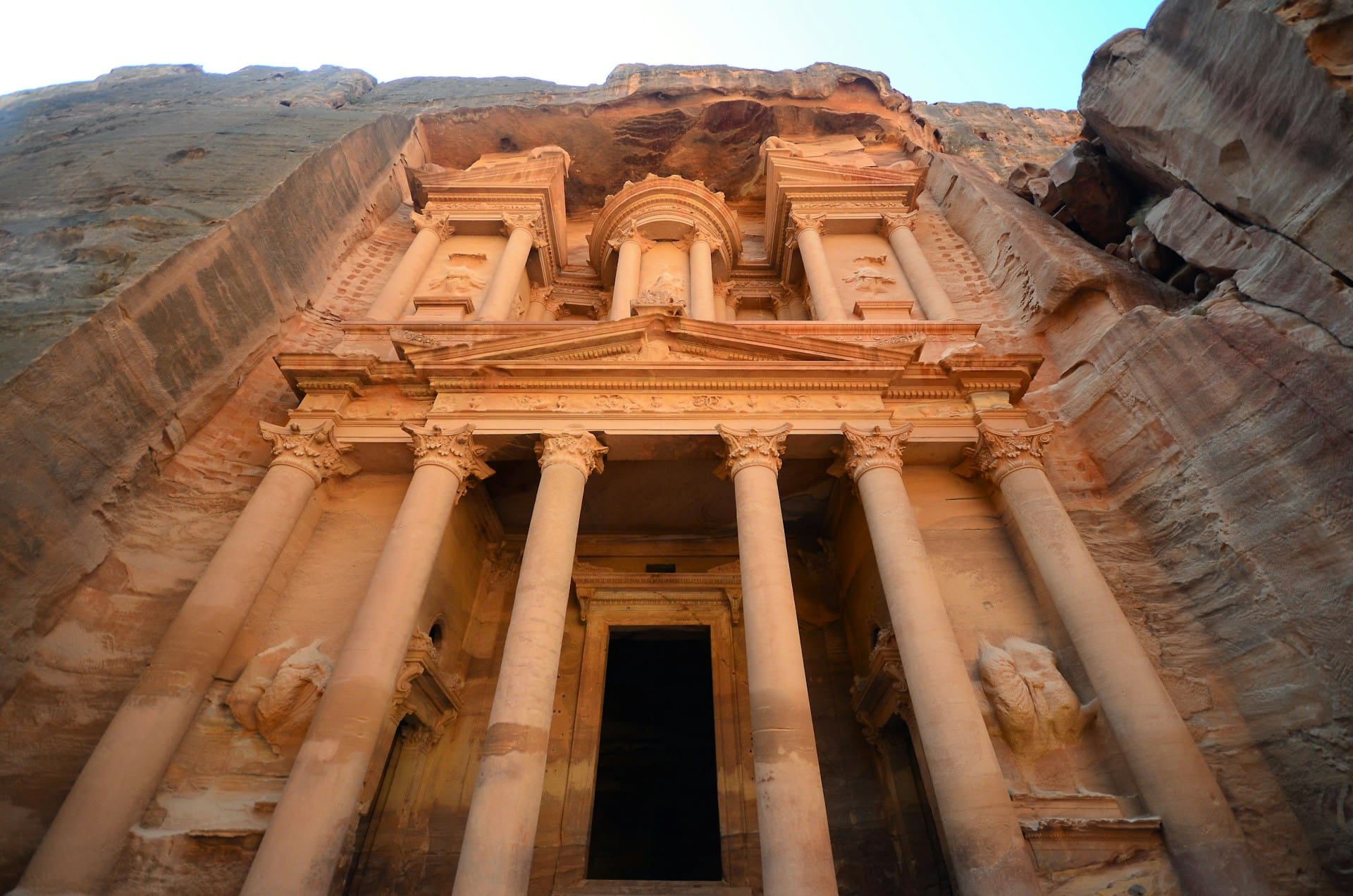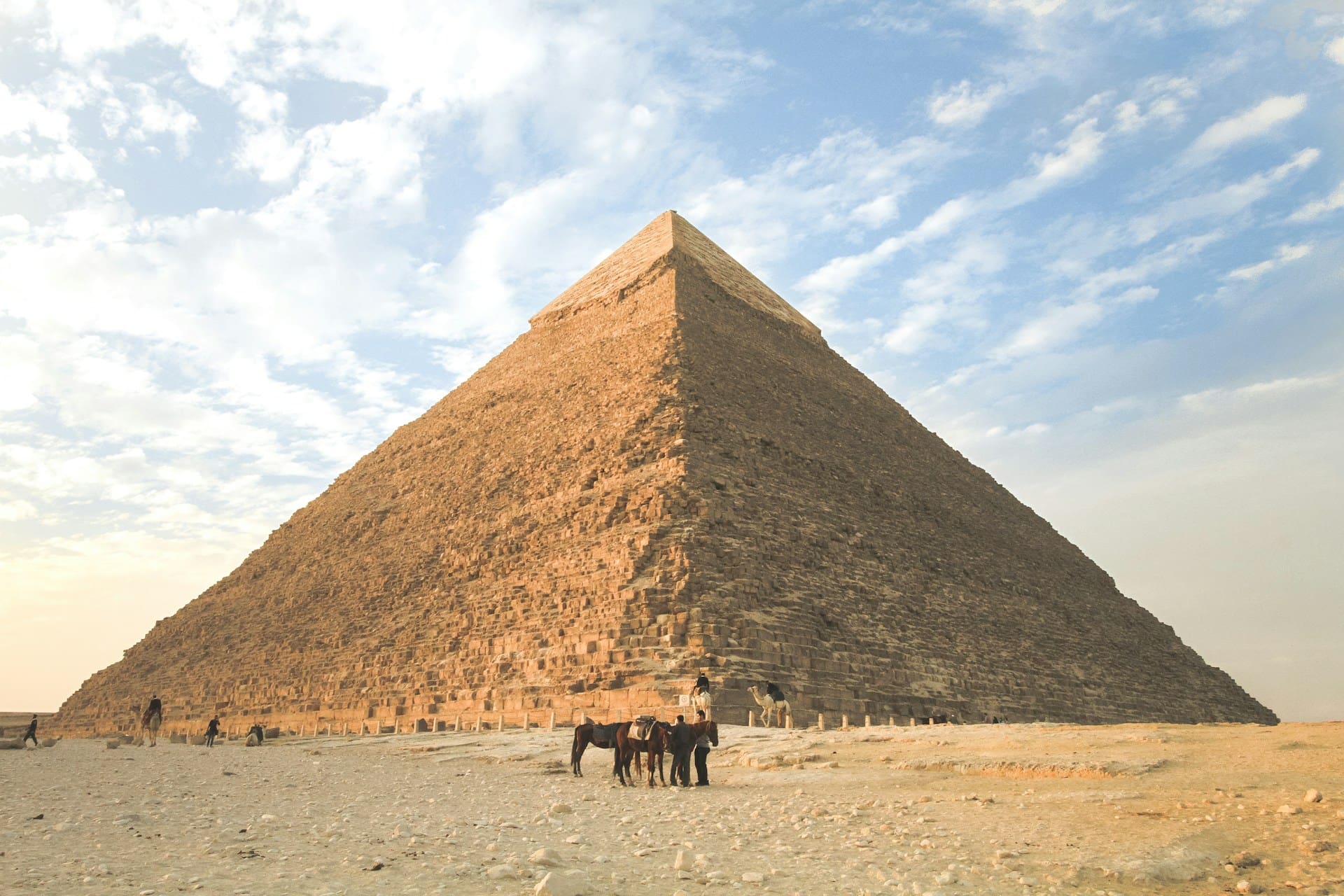Conflict has taken a toll on tourism but agents are still booking Egypt and Jordan
IAN STALKER
The Middle East may be down but not out tourism-wise these days. The ongoing war in Gaza has taken its toll on the region’s tourism trade, with a conflict that’s been dragging on for some nine months scaring many visitors away. But those involved in Middle Eastern tourism say that while the region is suffering, it hasn’t dropped off the tourism radar.
“We are still sending people to Egypt and Jordan,” says Sally Mikhail of GMTours, who reports that her company isn’t now operating any tours that would approach Gaza.
Mikhail says tourism to the Middle East has dropped noticeably since the fighting between Israel and Gaza began but her clients who have travelled to the Mid East recently “came back with great feedback.”
Bookings for next year are “very promising,” she continued.

Mikhail adds that “safety is our No. 1 priority” and GMTours has “great suppliers with great experience who monitor the situation daily and each hour and if there’s any uncertainty the tour will be adjusted or cancelled for the safety of our clients.”
Renata Snidr of NARAT reports her company is also continuing to send clients to the Middle East.
“NARAT FIT and Guaranteed Departure tours of Gulf destinations such as the United Arab Emirates and Oman are operating with minimum to no disruption,” she explains. “We have temporarily paused operations in Israel in cooperation with our partners, in consideration of passenger safety due to the Gaza conflict in the country. The decision was a precautionary measure. NARAT continues operating tours of Egypt and Jordan, which have had some sales disruption from the neighbouring conflict and resulting public perceptions. The operations in these destinations have primarily been FIT, since the conflict began. In recent months, we have seen a gradual increase in interest in destinations in the Middle East, as agencies and the public become more confident of the region’s safety.”

Despite the fighting in Gaza continuing for three-quarters of a year now, Snidr notes there hasn’t been a wider outbreak of full-scale conflict that many had feared.
“For those travel agents that are yet unsure on promoting travel to the Middle East region for their clients, I would say consider the facts and not the hype,” Snidr adds. “Tourists visiting regional countries outside conflict zones, have remained safe throughout the situation. The conflict has not expanded into those popular touristic destinations. Conventional tourism destinations of the region continue to be generally safe, with governments taking added precaution to ensure visitor safety. Take the normal precautions one would consider visiting the destinations, which have stood since before the conflict began.”
Mikhail also says that the United Arab Emirates and Oman are suitable for those wanting to visit the Middle East but want to be a good distance from the war.

“We’re sending lots of clients who switched their plans but they’re looking for culture and desert,” she states. “Those two destinations are largely unaffected. In addition to Oman and the United Arab Emirates. Morocco, though not part of the Middle East, is an Arabic-speaking nation and we’re getting more requests to visit it right now.”
Pat Probert of Toronto-area TravelOnly travel agency Bob Family Travel reports that the Middle East was “getting a fair number of requests for the Middle East prior to the war” and escorted a large group to Jordan on a land package before heading to Egypt where it went on a Uniworld River Cruise.
“Both were simply amazing and Jordan was a true highlight for the clients, with many saying they would go back again,” he says. “Our guides in Jordan and Egypt were simply amazing and truly showed the love of their country in the tours they took us on. Some of our fellow colleagues at TravelOnly went to Israel just prior to our Jordan trip and thoroughly enjoyed the time spent there.”

Probert says the fighting is hurting tourism in many countries, affecting many tour guides, companies and local business far from the conflict.
“With so many places to travel, clients tend to want to be in safer places when travelling,” adds Probert’s Bob Family Travel colleague Mary de Almeida. “It is important to always travel with good travel insurance and have this in place as soon as you book travel in the event that you need to cancel your trip due to unforeseen things popping up.”
Bob Family Travel offers Manulife’s Premium Protection Plans, which are available exclusively from travel advisors for all clients under 75 which allows them to “cancel for any reason up to 7 days prior and get an 80% refund or cancel for a covered reason right up to departure for a 100% refund.”

After Covid, de Almeida stresses that, “insurance is more important than ever and if people have great insurance, they can have more confidence in travelling to most all parts of the world, because you never know when or where the next event is going to happen. We surely do not want to stay at home the rest of our lives wondering should we travel or not.”
Meanwhile, Rudolph Nareen of Toronto’s Astor Travels says that agency doesn’t generally send people to the Middle East market or have clients inquiring about it.
However, Nareen adds, “I am sure that the whole region is suffering because of the Gaza war.”

















